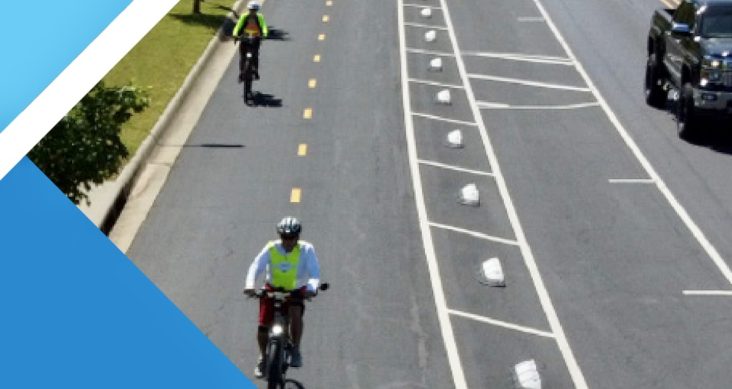NWA planning commission wants feedback on area transportation plan
by April 3, 2025 3:26 pm 1,259 views

The Northwest Arkansas Regional Planning Commission is seeking feedback for the region’s long-range transportation plan, Forward2050. The plan will provide a policy framework for the region’s transportation system over the next 25 years.
“The commission is seeking public input on the region’s latest long-term metropolitan transportation plan at a pivotal time for the region’s infrastructure,” according to a news release. “We are on a trajectory to reach a population of 1 million by 2050.”
The commission is the metropolitan planning organization for Northwest Arkansas and must update the regional transportation plan every five years, as the federal government requires. Forward2050 will replace the 2045 plan that was adopted in March 2021. The new plan is expected to be approved in winter 2026.
The commission will host open houses on the plan from 4 to 7 p.m. on Wednesday (April 9) at Fayetteville Public Library and from 4 to 7 p.m. on Thursday (April 10) at Bentonville Public Library.
According to the release, “Forward2050 is a community-driven initiative designed to identify transportation priorities, guide infrastructure investments, and ensure the region remains connected, accessible and resilient in the coming decades.”
Link here for more information on the plan and to take an online survey.
On Feb. 18, the commission released findings from its 2024 Regional Transportation Survey, conducted by Ariel Strategic Communications. That survey, completed every five years, shows growing demand in Northwest Arkansas for diverse transportation options, including public transit, cycling and pedestrian-friendly infrastructure.
The survey found that traffic congestion remains a concern, with 88% of respondents reporting increased congestion between 2019 and 2024. However, this is down from 94% in the previous survey. The survey shows that car travel satisfaction has improved, with more respondents rating rush-hour congestion as manageable compared to similar-sized cities. However, satisfaction with non-auto travel, including cycling and walking, remains low.
